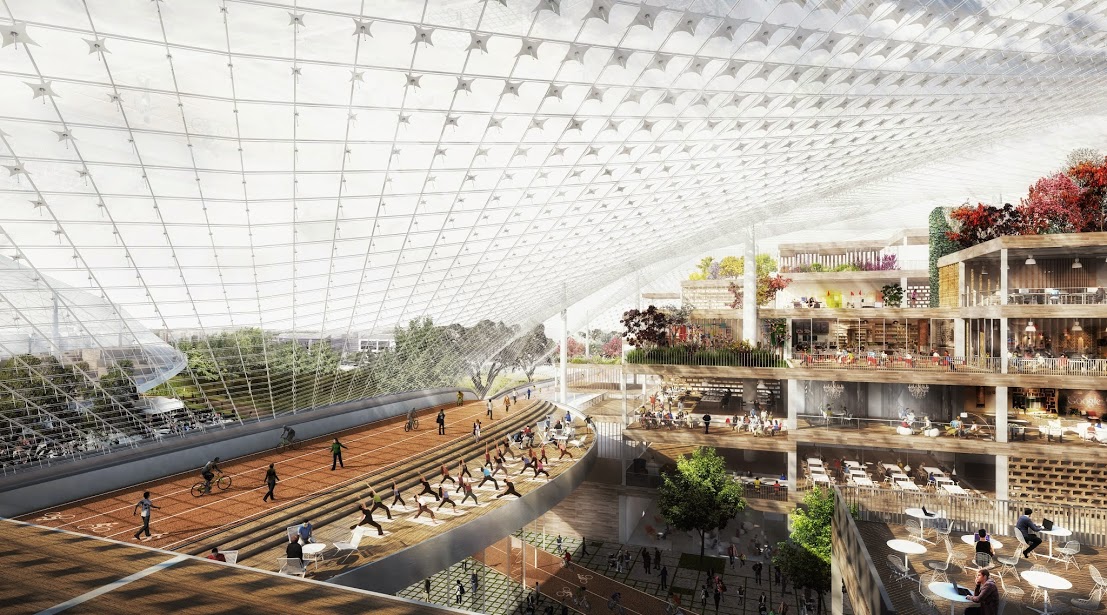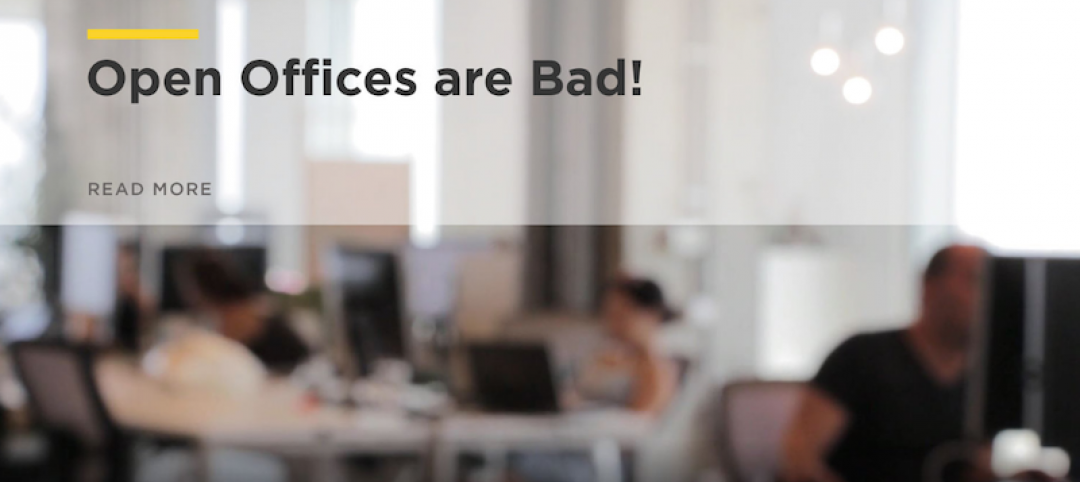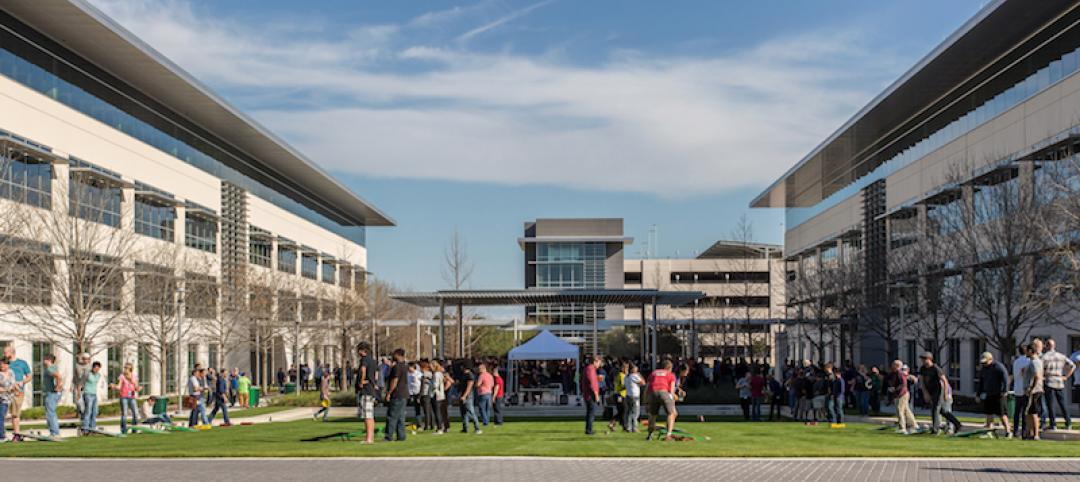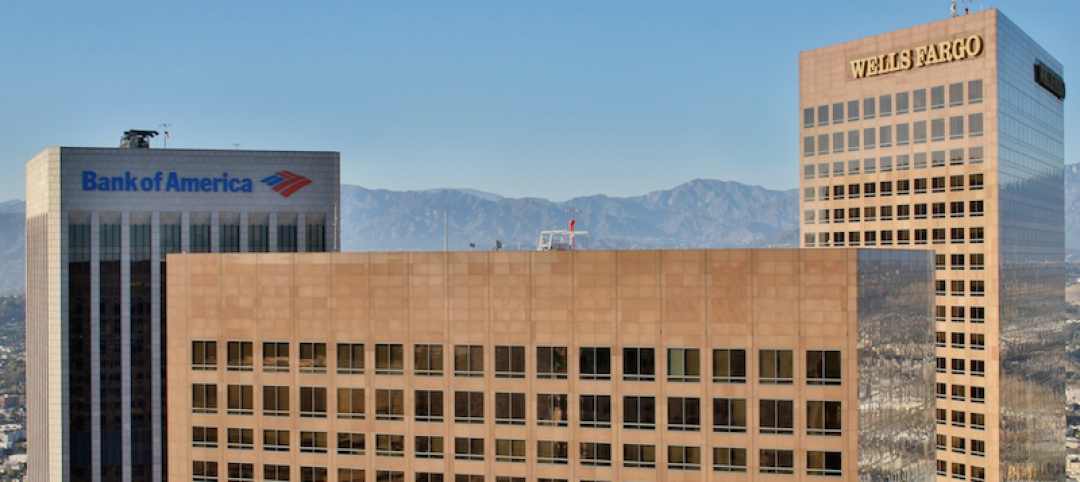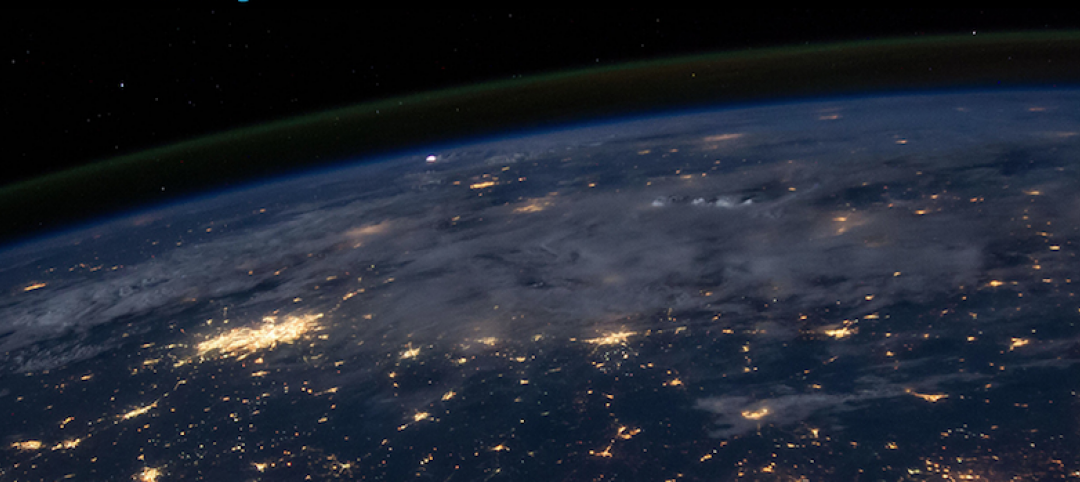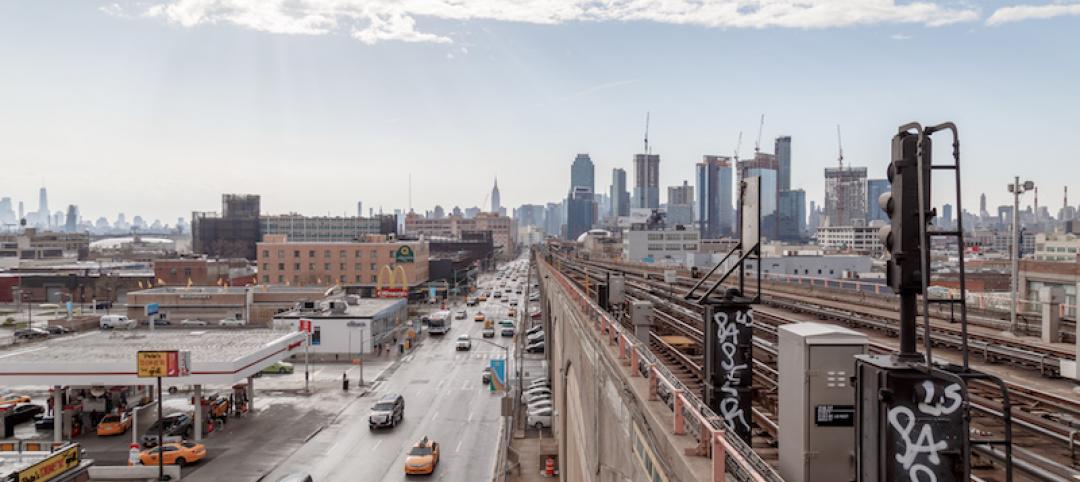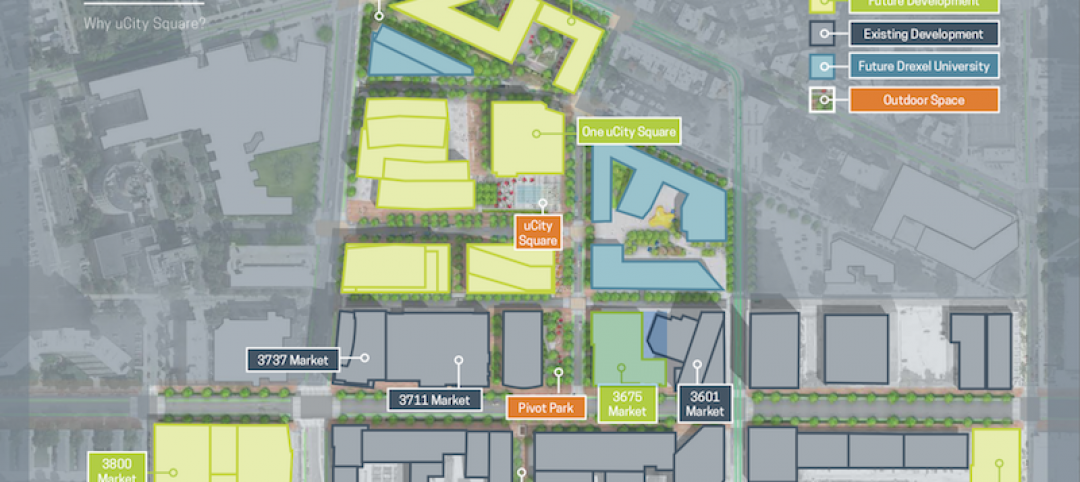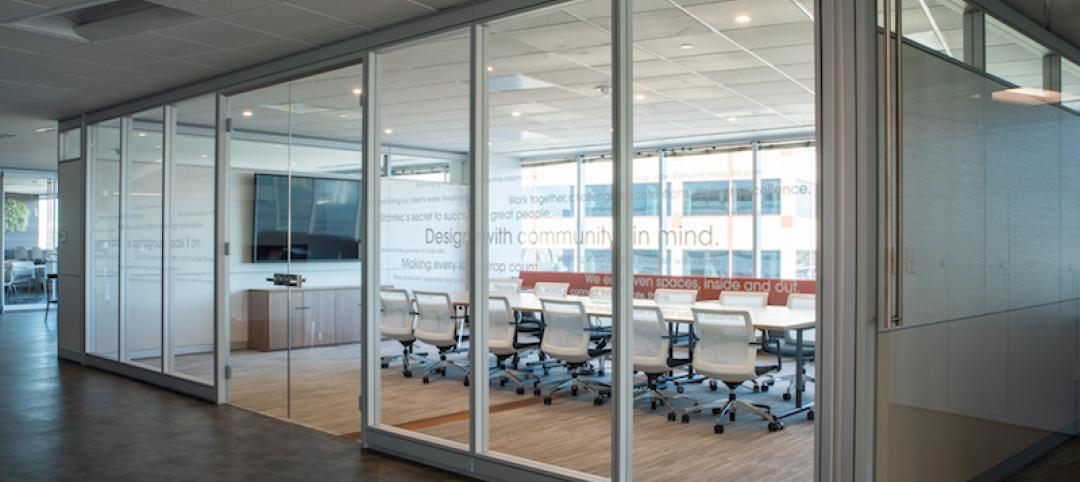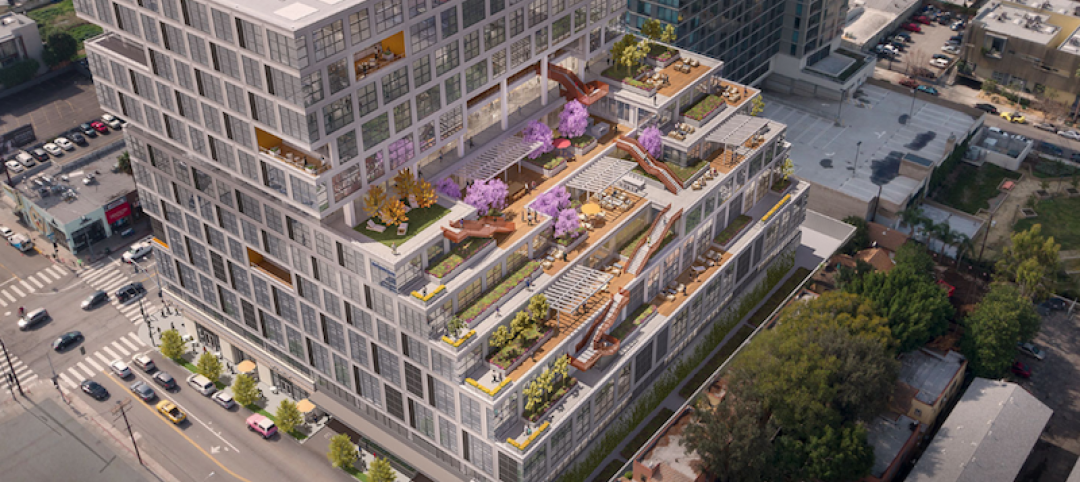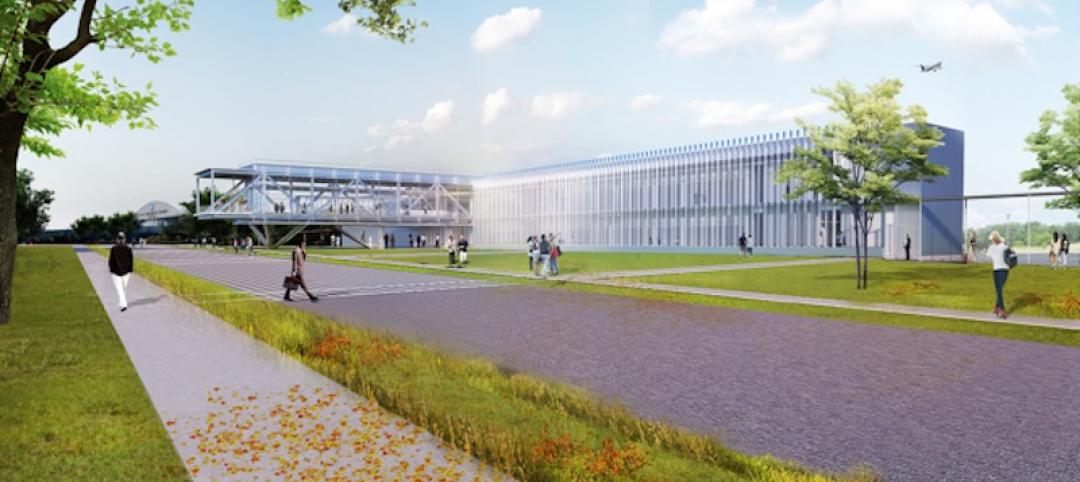Flexibility. Transparency. Nature. These are the primary qualities of Google's newly released proposal to remake its four existing campuses in Mountain View, Calif. For the first time, the tech giant is designing and building offices from scratch.
The master plan, a collaboration by Bjarke Ingels of BIG and Thomas Heatherwick of Heatherwick Studio, calls for covering a series of highly-flexible, amenity-rich office blocks with circus-tent-like canopies made of a translucent material (material is still unknown, perhaps a ETFE pillow system).
The scheme moves parking below grade, replacing the current sea of asphalt parking lots with parks, tree-shaded meadows, a bike path (called the Green Loop), community gardens, and a winding creek criss-crossed by pedestrian bridges, according to Fast Company. It also includes a public plaza with retail space.
The strong connection with nature extends inside the buildings, as well. The soaring translucent canopies create expansive atrium spaces complete with lush gardens, running tracks, eating areas, and places of respite. The Green Loop path will weave through urban and natural areas, including the interior spaces.
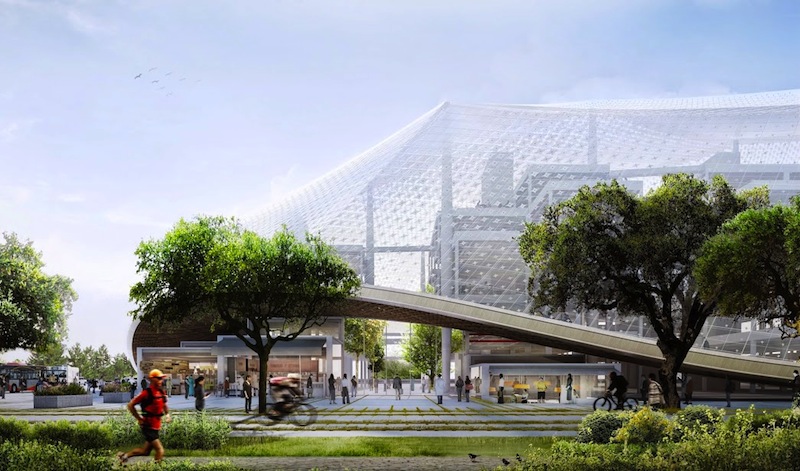
Within the canopies, building segments operate like furniture—light, tactile, and reconfigurable, according to Google.
"The idea is simple," said Google's Vice President of Real Estate, David Radcliffe. "Instead of constructing immoveable concrete buildings, we’ll create lightweight block-like structures which can be moved around easily as we invest in new product areas. Our self-driving car team, for example, has very different needs when it comes to office space from our Search engineers."
In a blog post titled, "Rethinking office space," Radcliffe offered more details on the project:
Not the sexiest title for a blog post, I know. But as we’ve inhabited a variety of workplaces—including a garage in Menlo Park, a farmhouse in Denmark and an entire New York city block—we’ve learned something about what makes an office space great. And we’re excited to put that into practice, starting here at our home in Mountain View.
Today we’re submitting a plan to redevelop four sites—places where we already have offices but hope to significantly increase our square footage—to the Mountain View City Council. It's the first time we'll design and build offices from scratch and we hope these plans by Bjarke Ingels at BIG and Thomas Heatherwick at Heatherwick Studio will lead to a better way of working.
The idea is simple. Instead of constructing immoveable concrete buildings, we’ll create lightweight block-like structures which can be moved around easily as we invest in new product areas. (Our self-driving car team, for example, has very different needs when it comes to office space from our Search engineers.) Large translucent canopies will cover each site, controlling the climate inside yet letting in light and air. With trees, landscaping, cafes, and bike paths weaving through these structures, we aim to blur the distinction between our buildings and nature.
Of course, this project is about much more than just office space; it’s about doing more with the local community as well. So we’re adding lots of bike paths and retail opportunities, like restaurants, for local businesses. We also hope to bring new life to the unique local environment, from enhancing burrowing owl habitats to widening creek beds. And we’re committed to do everything we can to save energy—our recent agreement to offset our energy consumption in North Bayshore with renewable energy includes the development of this proposal.
We chose Mountain View for our headquarters 15 years ago because we love the beauty of the bay, the close proximity to great universities, the family-friendly environment and the chance to work in a city at the heart of Silicon Valley. Today, we want to create office spaces that don’t just provide a great home for Google, but which also work for the city that has given us so much.
We look forward to working with our neighbors at the City Council on this proposal—and the future of Mountain View’s North Bayshore.
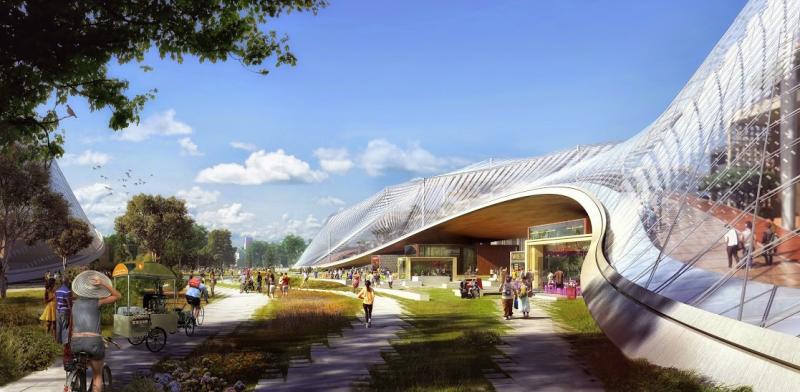
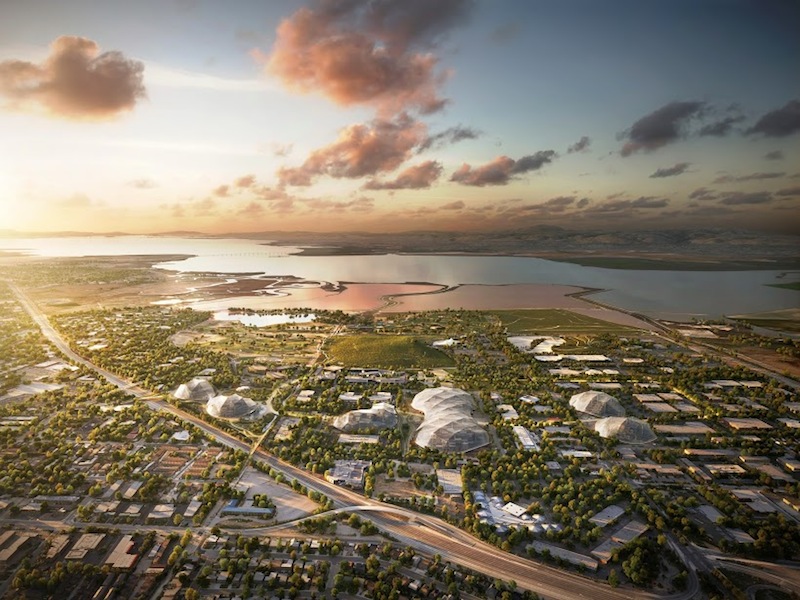
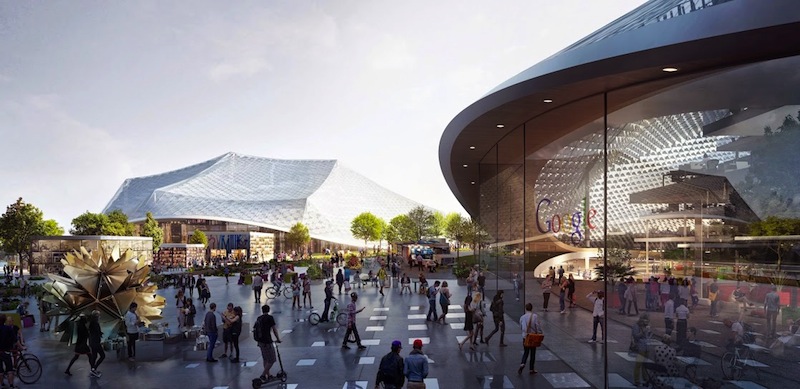
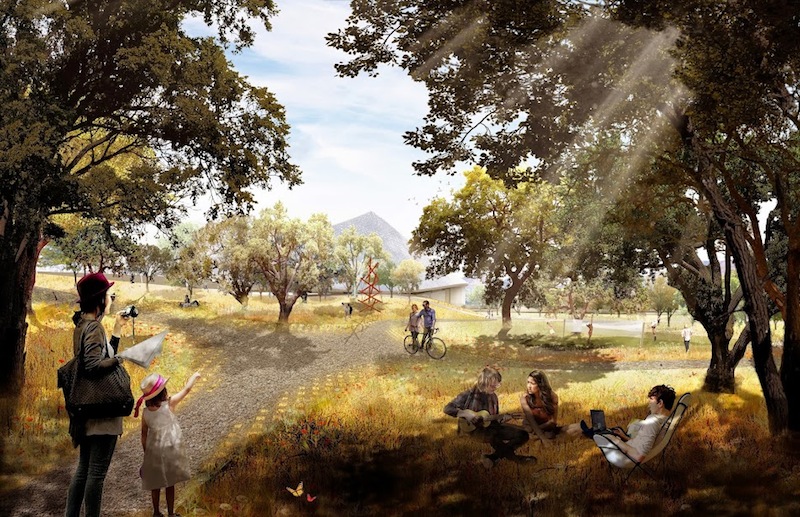
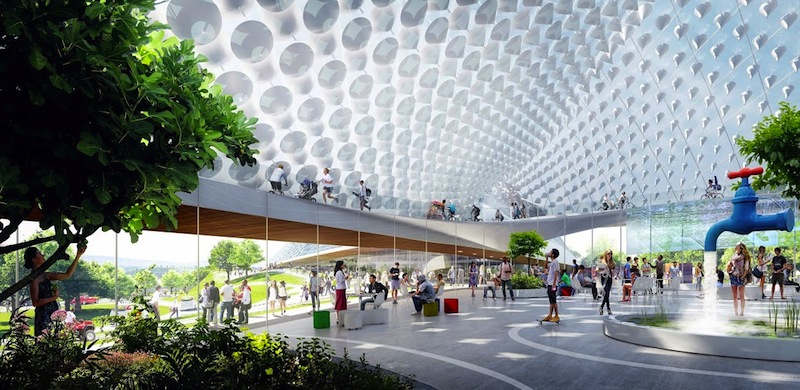
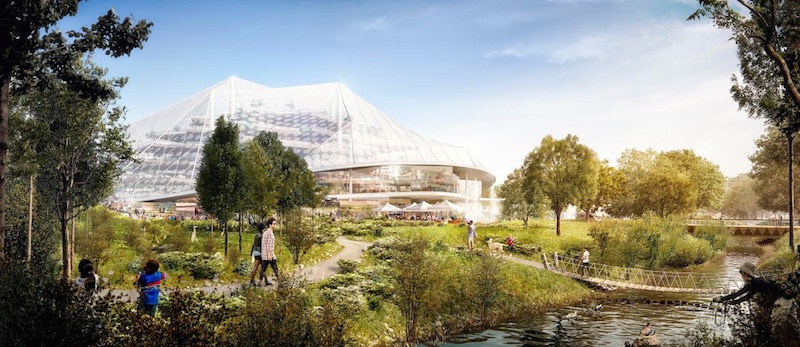
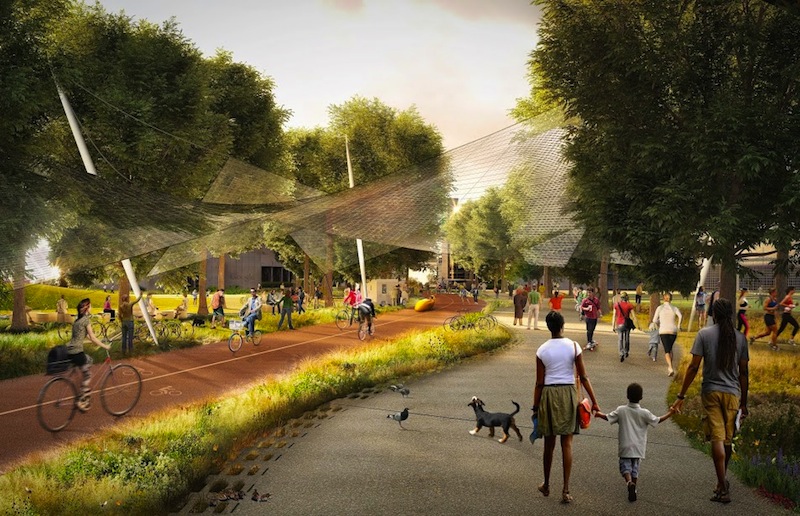
Related Stories
Office Buildings | Jan 11, 2019
Open offices are bad!
The Harvard studies on the unintended effects of open office defines it as space where 'one entire floor was open, transparent and boundaryless… [with] assigned seats,' and the other had 'similarly assigned seats in an open office design, with large rooms of desks and monitors and no dividers between people's desks.'
Office Buildings | Dec 18, 2018
Google announces new $1B Hudson Square campus project
The 1.7 million-sf campus will expand the company’s New York City presence.
Office Buildings | Dec 13, 2018
Apple selects Austin for $1 billion campus
The company will also build smaller expansions in six other U.S. cities over the next three years.
Office Buildings | Dec 4, 2018
Brookfield launches contest for startups to receive two years of free office space
This is part of a larger campaign to burnish the image of L.A.’s Wells Fargo Center.
Office Buildings | Nov 28, 2018
Amazon HQ2 and the new geography of work
The big HQ2 takeaway is how geography and mobility are becoming major workplace drivers.
Mixed-Use | Oct 25, 2018
Philadelphia’s uCity Square kicks off major expansion drive
This innovation center has several office, lab, and residential buildings in the works.
Office Buildings | Oct 25, 2018
Stantec consolidates three Portland-area offices into one downtown location
Stantec worked with Ankrom-Moisan Architects on the design.
Office Buildings | Oct 8, 2018
Netflix leases Epic, an under construction office tower in Hollywood
Gensler designed the building.
Office Buildings | Oct 1, 2018
NASA’s Cleveland-based Glenn Research Center to receive a new centerpiece
TEN Arquitectos designed the building.


